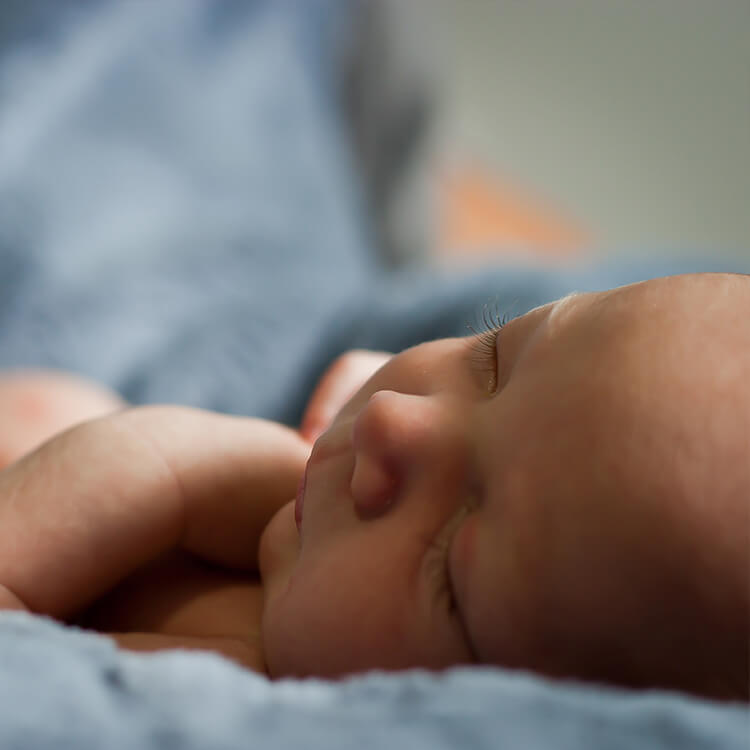Search
Research
Anesthetic considerations in children with asthmaDue to the high prevalence of asthma and general airway reactivity, anesthesiologists frequently encounter children with asthma or asthma-like symptoms. This review focuses on the epidemiology, the underlying pathophysiology, and perioperative management of children with airway reactivity, including controlled and uncontrolled asthma.
Research
Feasibility of upper airway collapsibility measurements in anesthetized childrenPatients with a propensity for upper airway obstruction, including those with obstructive sleep apnea (OSA), are vulnerable in the perioperative period. OSA is an increasingly common disorder in children and, when present, is associated with an increased risk of perioperative respiratory adverse events (PRAE),1 morbidity, and mortality. Therefore, identifying at-risk patients is vital to provide tailored perioperative anesthetic management.
Research
Direct versus video laryngoscopy with standard blades for neonatal and infant tracheal intubation with supplemental oxygen: a multicentre, non-inferiority, randomised controlled trialTracheal intubation in neonates and infants is a potentially life-saving procedure. Video laryngoscopy has been found to improve first-attempt tracheal intubation success and reduce complications compared with direct laryngoscopy in children younger than 12 months.
Research
The use of honey in the perioperative care of tonsillectomy patients-A narrative reviewTonsillectomy is one of the most common surgical procedures in childhood. While generally safe, it often is associated with a difficult early recovery phase with poor oral intake, dehydration, difficult or painful swallowing, postoperative bleeding, infection and/or otalgia.

News & Events
Intubation study points the way to safer surgery in babiesPerth researchers who were involved in an international study which examined two different techniques used to intubate newborns and young babies during surgery expect the findings to lead to a change in global practice.

News & Events
Prestigious fellowship to help end the cycle of painful ear infectionsA The Kids Research Institute Australia ear health researcher has received a prestigious national fellowship to support her search for new therapies to improve the lives of kids who suffer repeat middle ear infections.
Research
Feasibility of the pre-operative measurement of fractional exhaled nitric oxide and respiratory mechanics to predict respiratory outcomes in children undergoing general anaesthesiaPeri-operative respiratory adverse events remain a major cause of morbidity and mortality in children undergoing general anaesthesia; those with asthma are at higher risk. The aim of this feasibility study was to determine whether pre-operative measurements of fractional exhaled nitric oxide and the forced oscillation technique are feasible in children, and to explore whether these measurements can predict peri-operative respiratory adverse events.
Research
Numerical simulation of aerosolised medicine delivery through tracheostomy airwaysThe administration of inhaled antibiotics to patients with upper or lower respiratory infections is sometimes conducted via a tracheostomy airway. However, precise dosing via this route remains uncertain, especially in spontaneously breathing paediatric patients.
Research
Primum non nocere (“first do no harm”) with oxygen therapyBritta Regli-von Ungern-Sternberg AM FAHMS MD, PhD, DEAA, FANZA Chair of Paediatric anaesthesia, University of Western Australia; Consultant
Research
Airway management in neonates and infants: Recommendations according to the ESAIC/BJA guidelinesSecuring an airway enables the oxygenation and ventilation of the lungs and is a potentially life-saving medical procedure. Adverse and critical events are common during airway management, particularly in neonates and infants. The multifactorial reasons for this include patient-dependent, user-dependent and also external factors.
